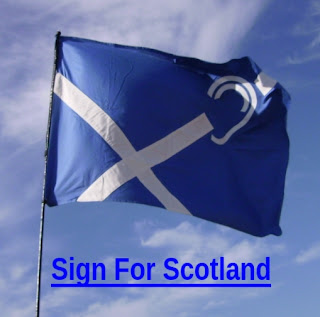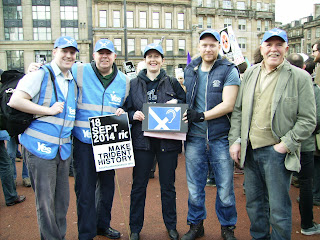Have you ever considered a career at Westminster?
Not sure where to start?
Well worry no more because we have created the 'Westminster Survival Guide'. Our informative, easy to understand guide will help you start your journey as an MP in just 7 simple steps!
 |
| Ability to read is optional. |
Step 1 - Making friends
Westminster is all about making friends. The best way to do this is to attend the same schools as everyone else. Don't worry about being shy, you'll have plenty of opportunities to make lots of friends whilst being an MP.
Step 2 - Forget why you wanted to get into politics
Principles are horrible, icky things that just get in the way. You don't want something as silly as representing your constituents to stop you from doing your job!
Step 3 - Know the difference between rivals and opponents
Westminster is a really great club and we don't want those who don't appreciate how special this place is to start trouble. So when criticizing the other two parties, remember to discourage voters from any nasty alternatives. Better 100 years of having the other side in than real change!
Step 4 - Stand up for the big guy
This is just simple good manners. Without the big guy, your party will go bankrupt (and your party time as an MP will come to an end). Besides, the big guy can thank you later!
Step 5 - War is a vote winner!
If your side is in office then war is your friend! Everyone loves a good war, especially in the run up to an election. Just remember to cheer for the war if you're in opposition (you don't want people to think you're soft on communism, terrorism, rogue states, weapons of mass destruction, journalism [delete as appropriate]).
Step 6 - Protect the other House!
The House of Lords does really important work, like giving jobs to those who have made our lives better. Those chaps are really great and what have they ever done to harm you? (Apart from diverting tax payers money from other areas, but you shouldn't be paying too much tax anyway!)
Step 7 - Nuclear weapons make you important!
There is no greater feeling than knowing you can kill millions of civilians with a push of a button! So what if it costs a little money, it's worth it to know that people in Moscow are scared of you (well not you, you still need the Americans to approve any attack, but no-one will notice as long as you don't tell anyone).
You now know the basics of how to be an MP. If in doubt just follow the party whip and you'll be A-OK.
Just as long as no-one votes for Independence, of course.
Drew
If you like this blog, then please consider visiting our other sites:
Facebook - Sign for Scotland
YouTube - Sign4Scotland
Twitter - Sign4Scotland
Facebook - Sign for Scotland
YouTube - Sign4Scotland
Twitter - Sign4Scotland



















